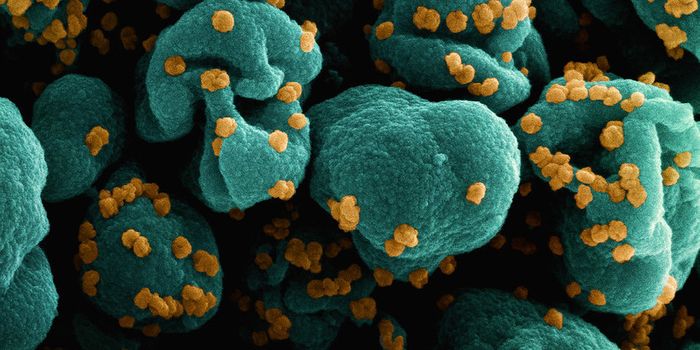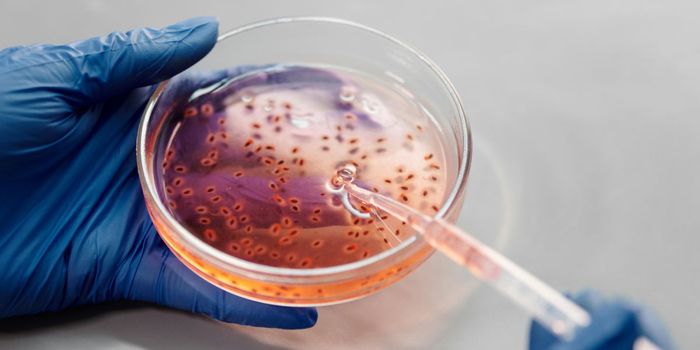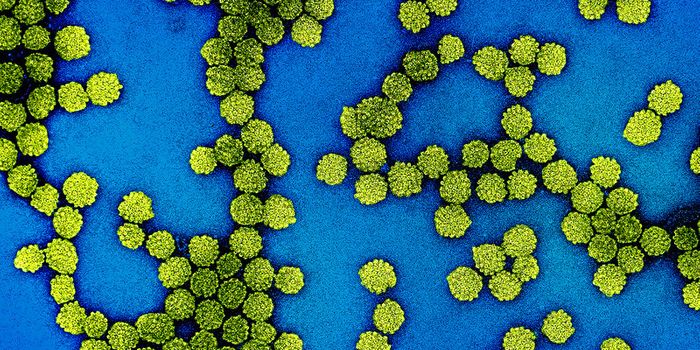Study Suggests 14-Day Quarantine for SARS-CoV-2 is Reasonable
Researchers at Johns Hopkins Bloomberg School of Public Health have found that the Centers for Disease Control and Prevention's (CDC) suggested fourteen-day quarantine for exposure to the SARS-CoV-2 virus is reasonable. Their new study analyzed data on coronavirus infections and the COVID-19 respiratory sickness it causes. They learned that the median incubation time for the virus is 5.1 days and that the vast majority (97.5 percent) of people will develop symptoms of infection within 11.5 days of exposure. Reporting in the Annals of Internal Medicine, the report noted that if 100,000 individuals are quarantined for fourteen days, only around 101 will end up ill after they're released from quarantine.
"Based on our analysis of publicly available data, the current recommendation of fourteen days for active monitoring or quarantine is reasonable, although with that period some cases would be missed over the long-term," said the study senior author Justin Lessler, an associate professor in the Bloomberg School's Department of Epidemiology.
Most cases of the virus have still occurred in China, but that may change soon. There is a large number of cases in South Korea, Italy and Iran, and they continue to rise in many countries in Europe. The entire country of Italy has been place under quarantine. There have been over 600 deaths and 10,000 cases of COVID-19 there.
In an area where a cluster of cases has occurred in New Rochelle, New York, the governor announced that the National Guard will establish a containment zone, and begin to move in to scrub the area and deliver food. Over 1,000 cases have now been confirmed in the United States.
As more people are tested in the US, more infections are being identified. Unfortunately, there are reports that getting tested is challenging because of a very stringent set of criteria set by the CDC, and that not enough tests are available even if criteria are met. There were also serious stumbles with the rollout of the test, setting public health officials back at a crucial time.
“The incompetence has really exceeded what anyone would expect with the CDC,” Dr. Michael Mina, an epidemiologist at Harvard University, told the New York Times. “This is not a difficult problem to solve in the world of viruses.”
To effectively contain an infectious disease, people who are infected have to be identified and isolated and their contacts have to be isolated. If there are not enough tests, the infection will continue to spread.
The estimated 5.1 day incubation period for SARS-CoV-2 is similar to other coronaviruses that have causes outbreaks, SARS and MERS, while coronaviruses that cause colds have an incubation time around three days.
Sources: Science Daily via Johns Hopkins University Bloomberg School of Public Health, Annals of Internal Medicine









